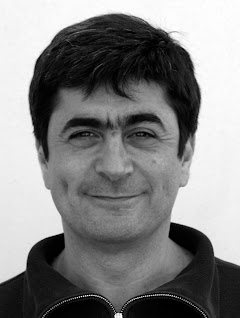Beat
I cover all sorts of subjects.
One Shot

“That was one of my first Reuters assignments and the eyes of this little refugee will always be in my mind.”
Profile
My first memory of photography is the time when my history teacher brought in a camera on one of the last days of school when I was 14 years old. He was a photo enthusiast and wanted to show us how it worked. The whole thing made me want to get a camera myself.
I got my first camera that same summer. I won a bet with my father, so he bought it for me. It was basic, but it was the real thing.
I learnt photography by experimenting and looking at pictures. I bought all the necessary chemistry equipment and I ruined my parents bathroom with it.
After I left school at 17 I bought my first proper camera, a Nikon. I started shooting pictures of demonstrations, and then I sold one to Le Figaro. That’s when I thought it might be fun to shoot pictures and get paid for it.
My first assignment was so long ago I really don’t remember it. I started out taking pictures for a small sports agency, but I think all the people I took pictures of then must be gone by now.
The assignment that left the biggest mark on me was release of Nelson Mandela from jail and his election as President of South Africa. Before he was let out of jail, I went to Soweto township where his house was, and we rented a little place just across the street. When he finally walked free I was in Soweto Staduim, and everyone stood up and started singing the ANC anthem. It was really something.
Another assignment that made a huge impression on me was covering the Gulf War. Shooting pictures out there made me realise how interesting assignments can be when you meet people you wouldn’t come into contact with any other way.
I try to take pictures that will explain the story I’m covering as well as possible. It’s also nice to try to take beautiful photos, and if you can get images that report the story well and are also beautiful, then that’s the best. But the reporting always comes first.
My biggest lesson has been the importance of journalistic honesty. At Reuters that’s what you learn: be honest.
I’ve been with Reuters for 27 years, and I love it.
